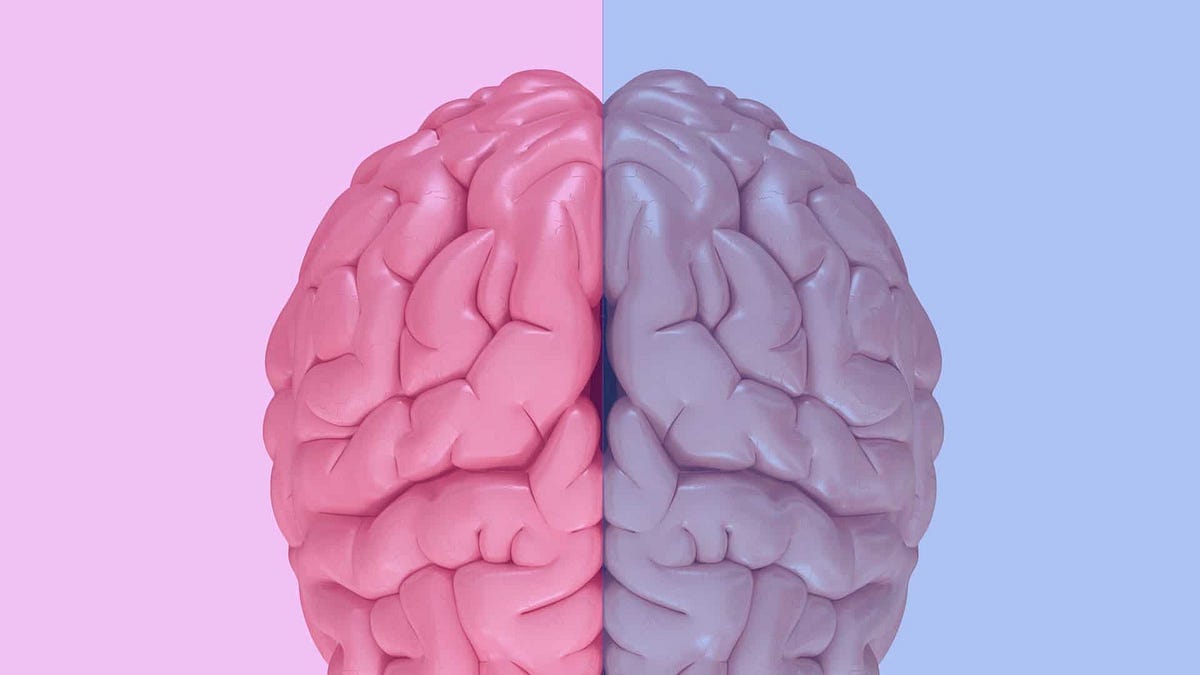“Let’s talk about sex, baby. Let’s talk about you and me…” It’s become quite the debate in the Battle of the Sexes dialogue — are men and women equal and the same. Equal and equally capable — absolutely; the same — far from it.
Recent research suggests that men’s and women’s brains may be wired differently. The male brain is wired front to back, with few connections between hemispheres. Women tend to have more left-right wiring, allowing more interconnection between hemispheres.
"Some researchers argue that the brains of men and women are wired differently. The male brain is wired from front to back, with few connections across the two hemispheres. Women, on the other hand, have more wiring from left to right, so the two hemispheres are more inter-connected." — Psychology Today
First, let’s explore masculine and feminine energies. Then we’ll discuss how men and women handle stress, conflict, and mistakes in relationships. Understanding these dynamics is key for healthy polarity and passion.
Polarity: Masculine & Feminine Energies Explained
We all embody a unique balance of masculine and feminine traits. In heterosexual relationships, men often lean masculine while women lean feminine.
Masculine traits include independence, analytical thinking, and competitiveness. Feminine traits include interdependence, emotional intelligence, intuition, nurturing and cooperation.
When partners disconnect from their native energies, relationships suffer — lack of intimacy, fighting, and frustration. Specifically, the outcome could look like anger, depression, frustration and emasculation on the man’s side. For the woman — overwhelm, feeling abandoned with a lack of support, safety, clarity and direction from her partner.






